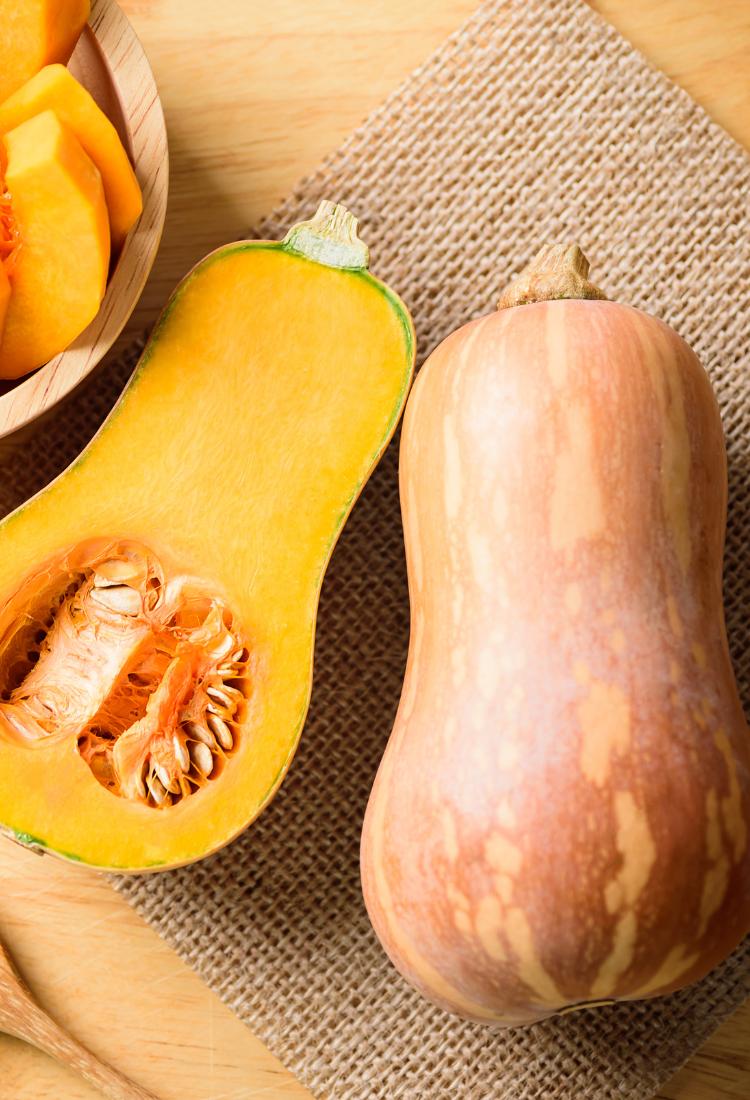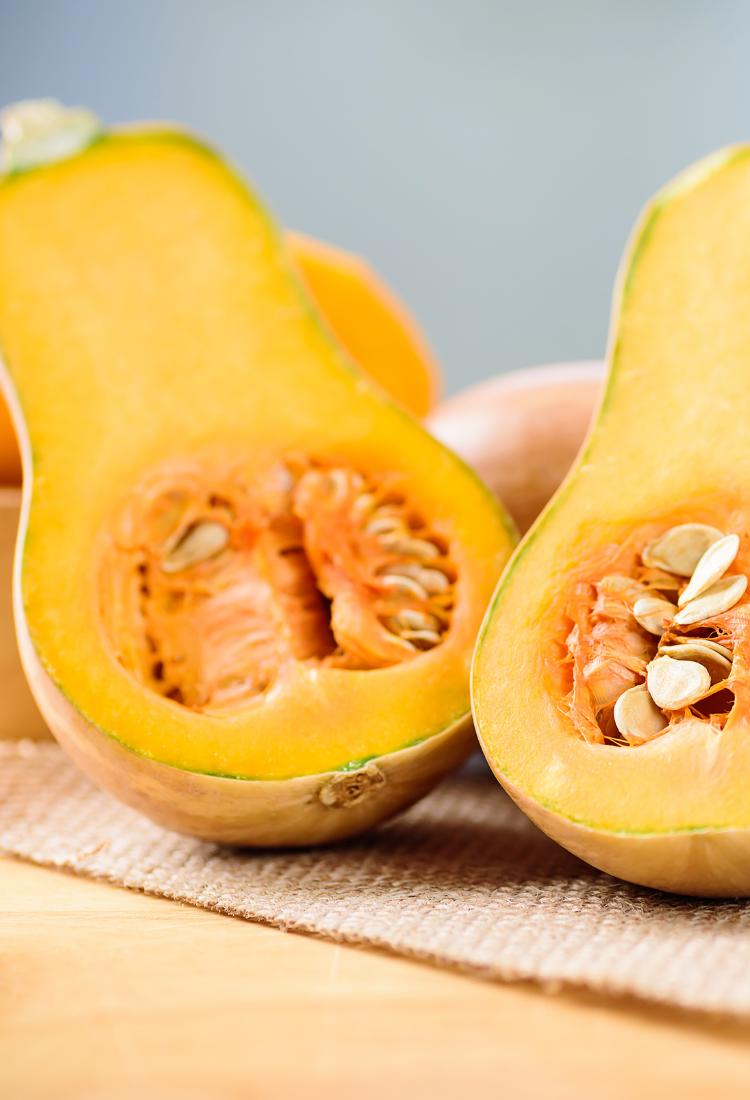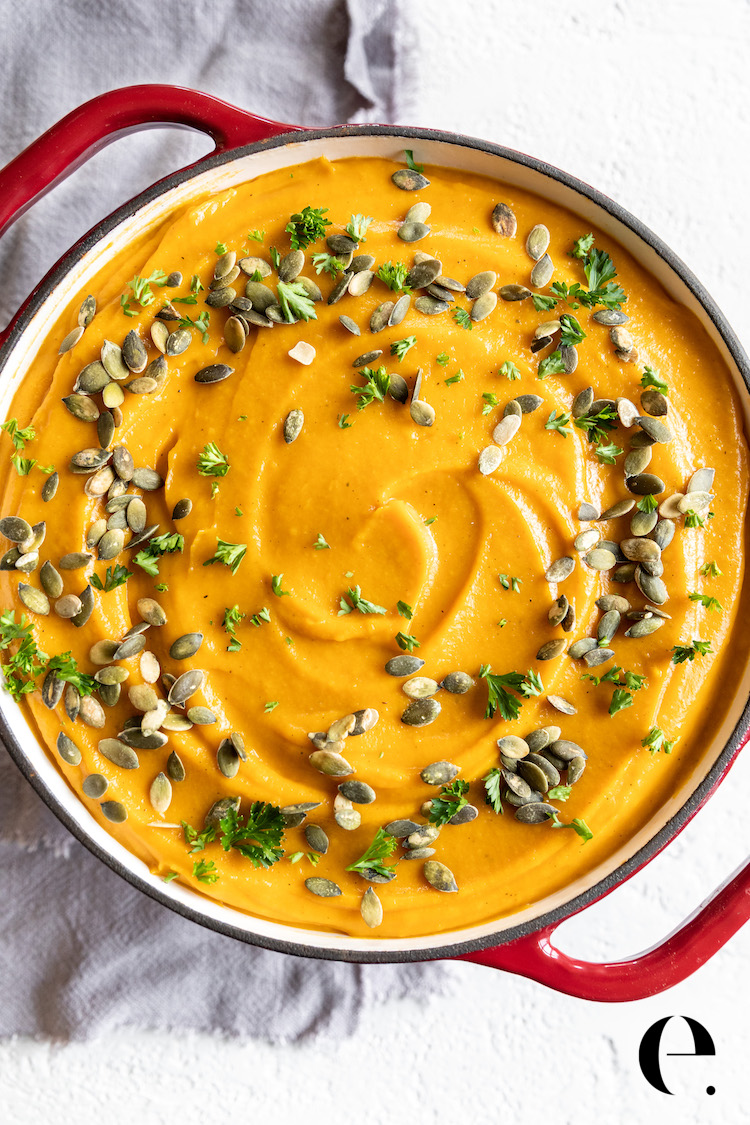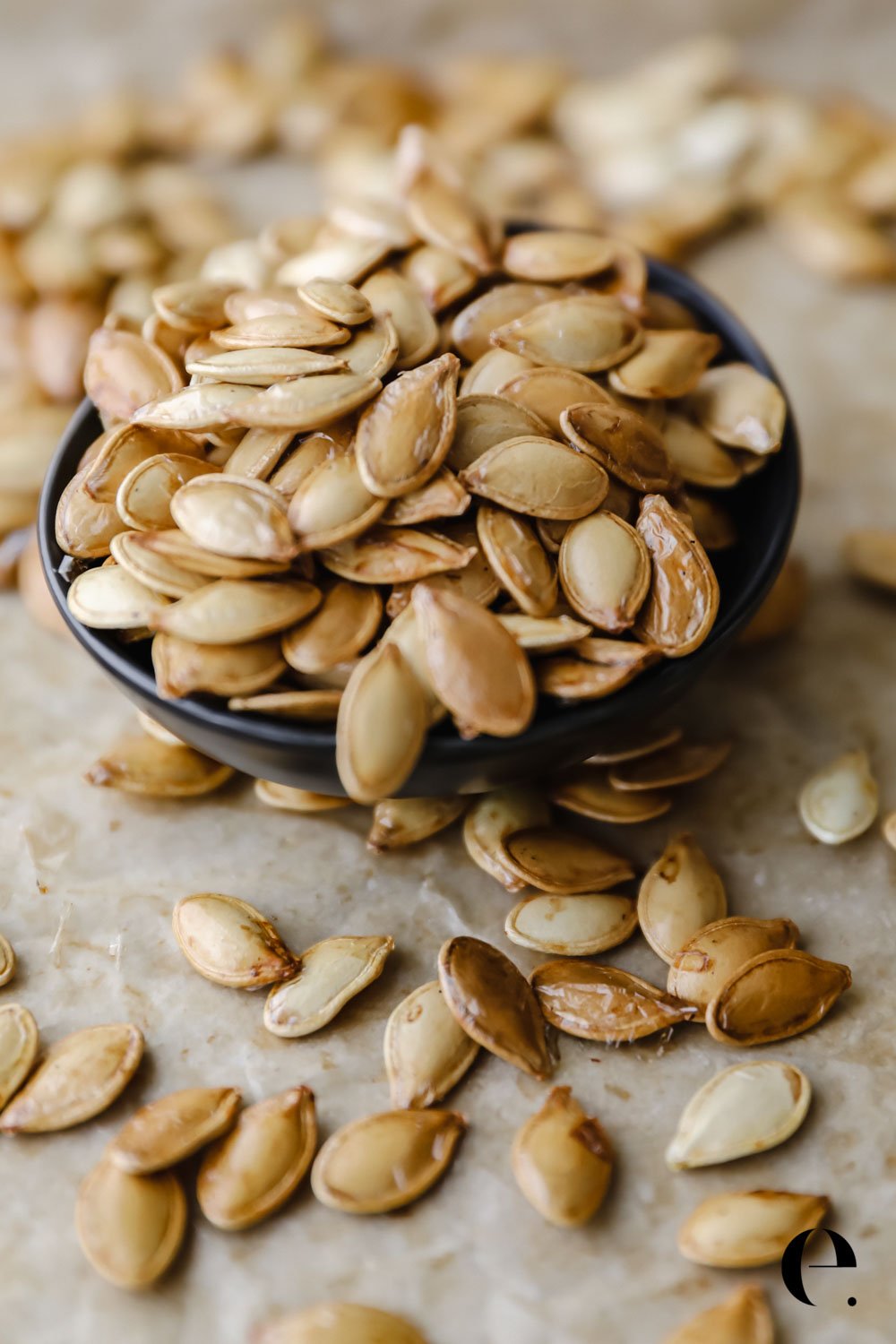5 Benefits of Butternut Squash



It’s that time of year again—time for cozy sweaters and butternut squash! This nutrient-packed vegetable can be used in a variety of recipes and has huge health benefits.
Butternut squash can be roasted, pureed, sautéed, or even used to make delicious soups. It’s also packed with an abundance of health benefits that make it a must-have this fall season. Let’s take a look at some of the many ways butternut squash can benefit your health.
1. It’s a Nutritional Powerhouse
Butternut squash contains vitamins A and C, potassium, fiber, and other minerals. A single cup of cooked squash contains more than 450% of your daily recommended intake of vitamin A! Vitamin A helps support healthy vision and supports the immune system. It is also a great source of dietary fiber which keeps you fuller longer and helps maintain healthy digestion.
2. Improves Heart Health
It is loaded with beta carotene which gives it its orange color. Beta carotene helps reduce inflammation in the body which can help support heart health and lower cholesterol levels as well as reduce the risk for certain types of cancers. Additionally, its antioxidants may protect against cellular damage from free radicals which can lead to chronic diseases like heart disease and cancer.

3. Boosts Your Immunity
Butternut squash is also rich in vitamin C which helps boost immunity by fighting off infections and illnesses like colds and flu. Vitamin C also plays an important role in collagen production which maintains healthy skin cells and prevents premature aging signs like wrinkles and age spots.
4. It’s Easy to Cook with Butternut Squash
Butternut squash can be cooked in a variety of ways such as roasting, baking, steaming, sauteing, or even microwaving.
If you’re completely new to the world of butternut squash, here’s a super easy tutorial I made on How to Peel, Cut, and Roast Butternut Squash.
The best way to prepare it depends on what you plan to do with it after it’s cooked – if you plan on using it in a soup or pureeing it into a sauce or dip then roasting or baking would be best because those cooking methods bring out the sweetness of the squash.
In my Healing Butternut Squash & Carrot Curry Soup recipe, I roast the butternut squash along with the rest of the ingredients before mashing them all up, to make a deliciously filling bowl of soup!

Now, If you plan on using the cubes in salads or stir-fries then steaming would be best since that will keep them firm yet still tender.
But if you don’t want to steam them, that’s completely up to you, I personally roasted the squash cubes in this Fall Quinoa Bowl with Butternut Squash.
And if you’re looking for something quick like a mash, then just pop it in the microwave for about 4 minutes and enjoy!
5. It Adds Variety to Recipes
Butternut squash can be used in all kinds of recipes from sweet to savory dishes such as soups, casseroles, pasta, pizza, risotto, curries, and more!
It also pairs well with other vegetables like carrots and onions so you can easily add some extra nutrition to your meals by combining them together into one dish! Try making butternut squash tacos by cutting it into cubes and roasting them with red onion and bell pepper before stuffing them into warm tortillas with black beans and cheese – delicious! Or try swapping out potatoes for mashed butternut squash in your favorite shepherd’s pie recipe – it’s sure to be a hit!
By the way, I also love Spaghetti Squash to make “Noodles”—see how to prepare them here.

If you want to get extra creative you can even use this delicious vegetable as a pasta alternative. Think zoodles but sweeter! Here’s my recipe on how to make a weeknight sauce for Spaghetti Squash noodles, it’s a much healthier alternative and incredibly creamy.
And the flesh isn’t the only thing that’s usable and super tasty when it comes to squashes, you can also take out the seeds and roast them to make a delicious snack or garnish. Check this recipe here on How to Roast Pumpkin Seeds, it’s essentially the same process.

There are so many reasons to include butternut squash in your diet this season! Not only is it rich in vitamins A and C (which are both essential for good health), but it’s also packed with nutrients to help you fight tough winter colds.
Butternut squash is incredibly versatile so you can use it to create all sorts of delicious dishes! So why not give butternut squash a try this winter? Your body will thank you for it!





